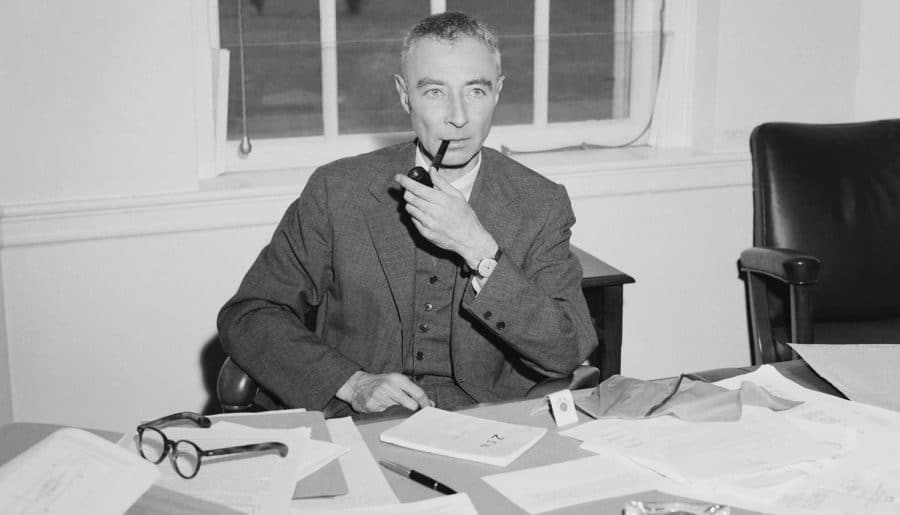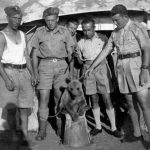Are you familiar with the name J. Robert Oppenheimer? You might’ve already heard about him since a Hollywood film about his life hit the cinemas.
Oppenheimer was an American theoretical physicist who made important contributions to science and technology. He’s well-known for being the “father of the atomic bomb” due to his work on developing the weapon during World War II.
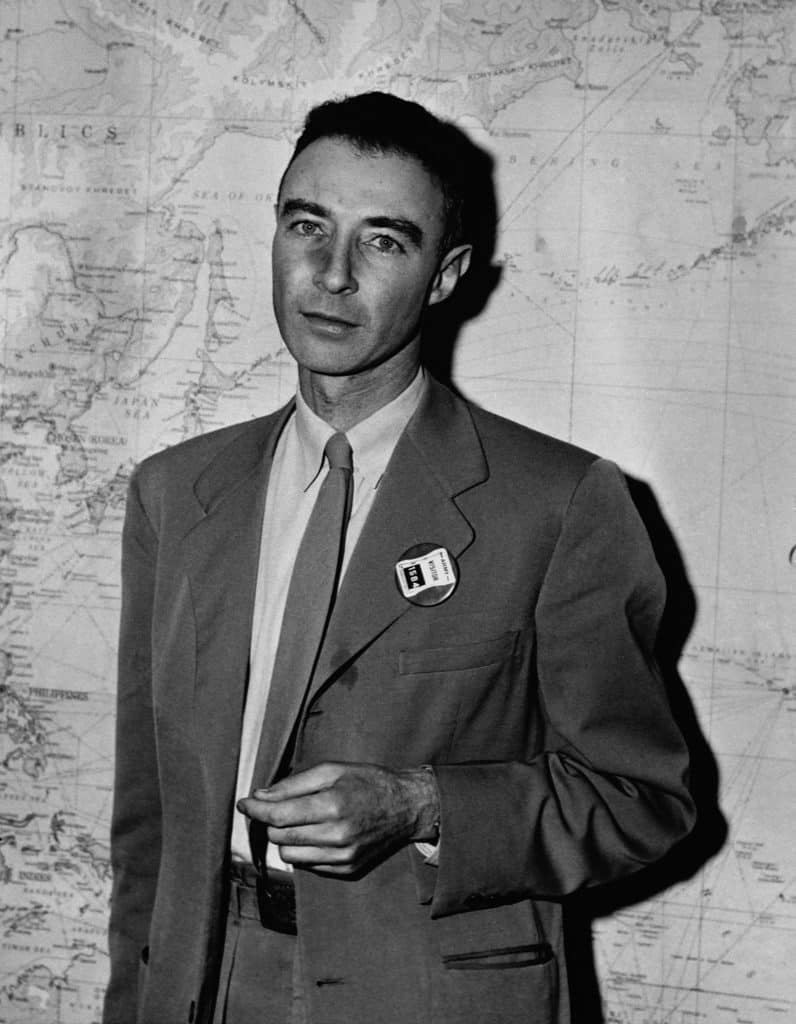
But if you haven’t heard him yet, don’t fret! I will share some interesting details about his early life that you may not have known. So read on to learn more!
Julius Robert Oppenheimer, or J. Robert Oppenheimer, was born in New York City on April 22, 1904. His father, Julius Oppenheimer, was a successful German merchant who imported textiles, while his mother, Ella Friedman, was a talented painter. Oppenheimer also had a younger brother named Frank, who became a physicist later on.
Oppenheimer was a child prodigy at a young age, displaying intelligence and a great interest in literature, science, languages (English and French), and geology.
In 1911, he attended the Ethical Culture Fieldston School in New York, founded on social justice, civic responsibility, and secular humanism principles. In 1921, he went on to graduate from high school as valedictorian.
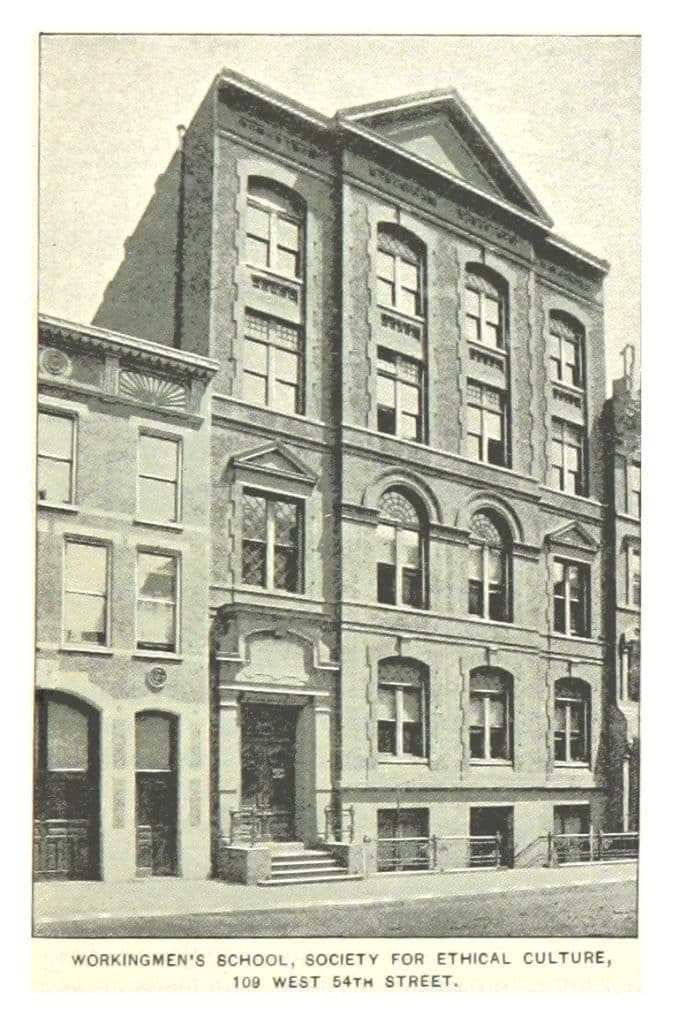
In 1922, Oppenheimer enrolled at Harvard University at the age of 18, where he excelled in physics, chemistry, Latin, Greek, and philosophy, among other subjects. In 1925, he earned his summa cum laude degree from Harvard in just three years.
After graduating, he began his physics graduate study at Cambridge University’s Cavendish Laboratory under J.J Thomson.
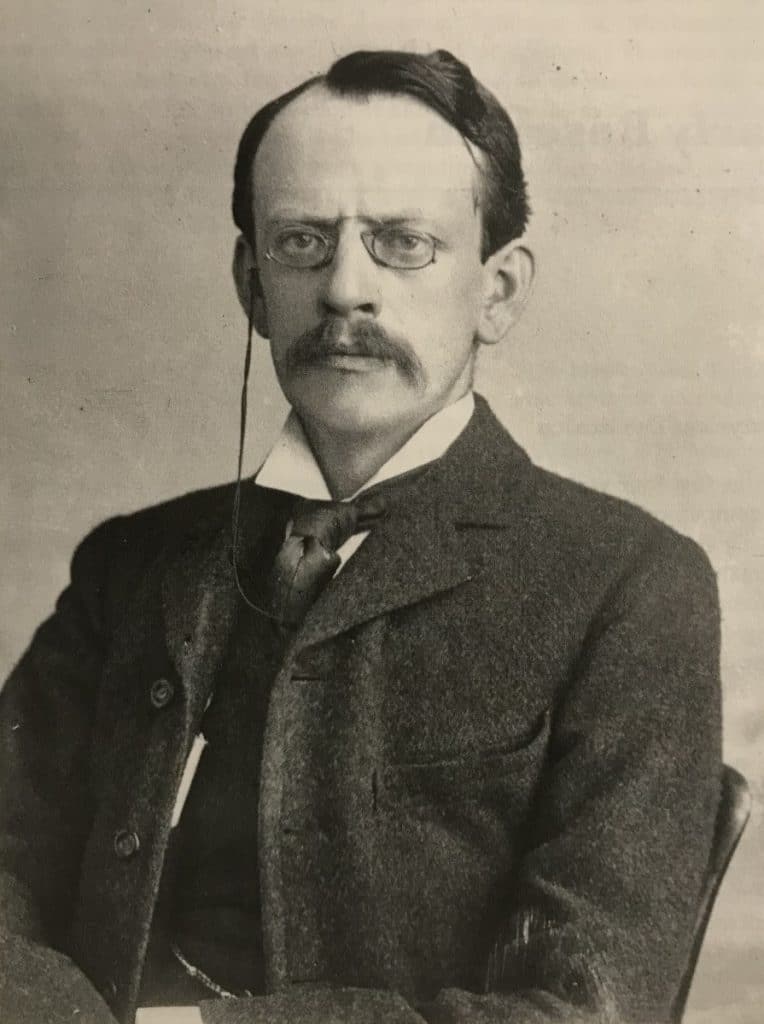
But in 1926, he transferred from Cambridge to Göttingen, where he finished his graduate work under Max Born.
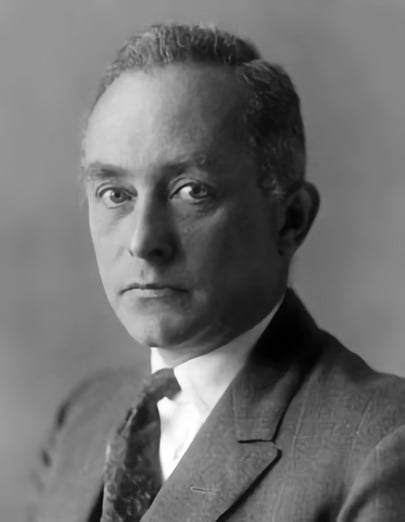
In 1927, Oppenheimer obtained his Ph.D. in Physics from the University of Göttingen in March 1927 at age 23, under Max Born.
Now that you know more about his early life, here are 10 facts you might not know about the celebrated physicist.
Non-Practicing Jewish Family
His parents are first-generation Jewish immigrants. They are also a non-observant Jewish family. This means they are Jews who don’t practice the religious traditions of Judaism.
Luxurious Apartment in Manhattan
Oppenheimer grew up in an apartment near West 88th Street, Manhattan, well-known for extravagant townhouses and mansions. Their place was adorned with art collections by famous artists, including van Gogh, Picasso, Cézanne, and Gauguin.
Invited to Lecture on Geology at Age 12
J. Robert Oppenheimer was only 12 years old when he was invited to lecture on geology. He used to communicate with several well-known New York Mineralogical Club geologists about the rock formations he had studied.
His correspondence was so advanced they mistook him for a professional and nominated him for membership in the club. A letter then arrived, inviting him to deliver a lecture. They didn’t realize that Robert was a twelve-year-old boy at that time.
Young Oppenheimer delivered the speech but needed to stand on a wooden box to see over the podium!
A True Polyglot
A polyglot is someone who can fluently speak or understand several different languages.
Oppenheimer was known to speak six languages: Greek, Latin, French, German, Dutch, and the ancient Indian language of Sanskrit.
He first fell in love with New Mexico as a teen.
In 1922, Oppenheimer couldn’t enroll in Harvard because he fell ill and became bedridden with severe dysentery. Dysentery causes inflammation and infection of the intestines, resulting in diarrhea containing mucus or blood.
His parents sent him to New Mexico where he spent the summer there to recover. Oppenheimer eventually learned to ride horses and developed a fondness for the area.
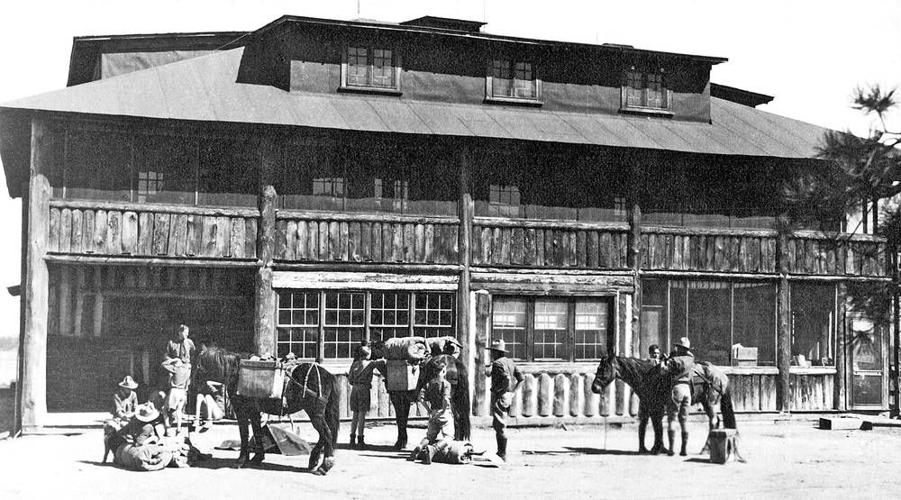
During one of his trips, he rode up to the isolated Los Alamos Ranch School, which he later chose as the secret laboratory site for the Manhattan Project 20 years later.
Oppenheimer and the Manhattan Project
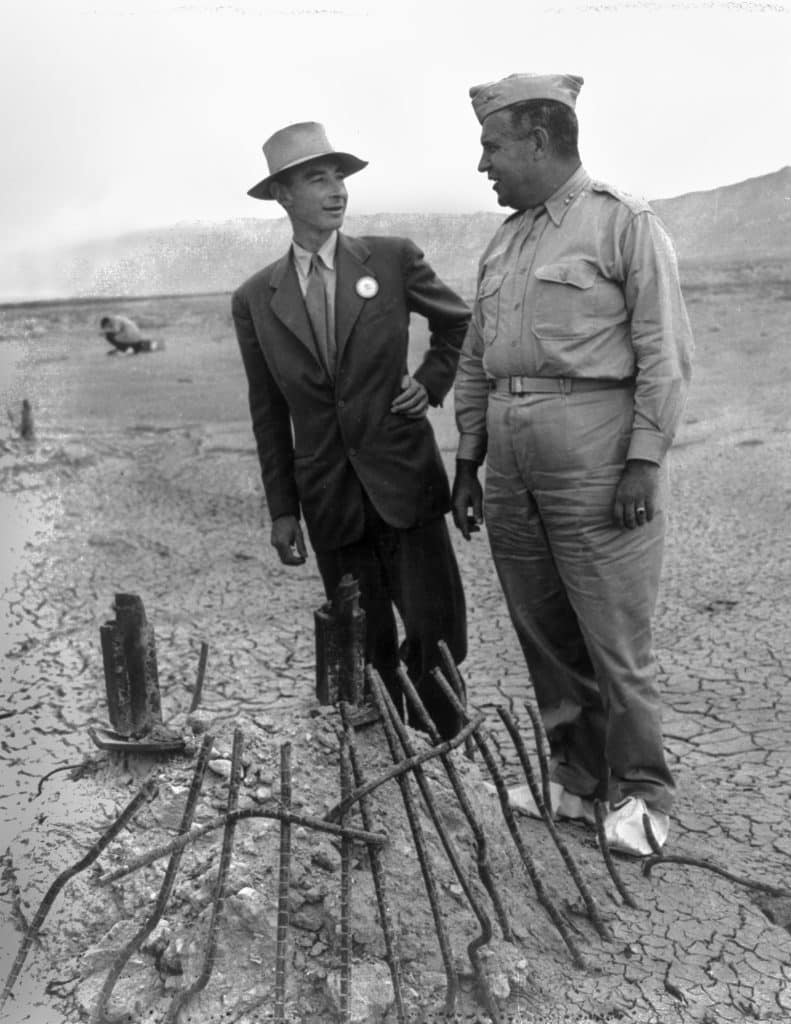
In June 1942, Oppenheimer was appointed by General Leslie Groves to be the scientific director of the Manhattan Project. It was the top-secret project by the US government during World War II to create an atomic bomb.
Oppenheimer was responsible for overseeing the construction of the Los Alamos National Laboratory and assembling a team of top physicists to develop an atomic bomb.
In under three years, the team successfully conducted the world’s first nuclear weapons test, known as the Trinity test, in the nearby Jornada del Muerto desert on July 16, 1945.
Throughout the project, Oppenheimer managed a team of over 3,000 individuals.
On August 6 and 9, 1945, the United States successfully detonated two atomic bombs in Hiroshima and Nagasaki, ending the war. The bombings killed an estimated 110,000 to 210,000 people, most civilians.
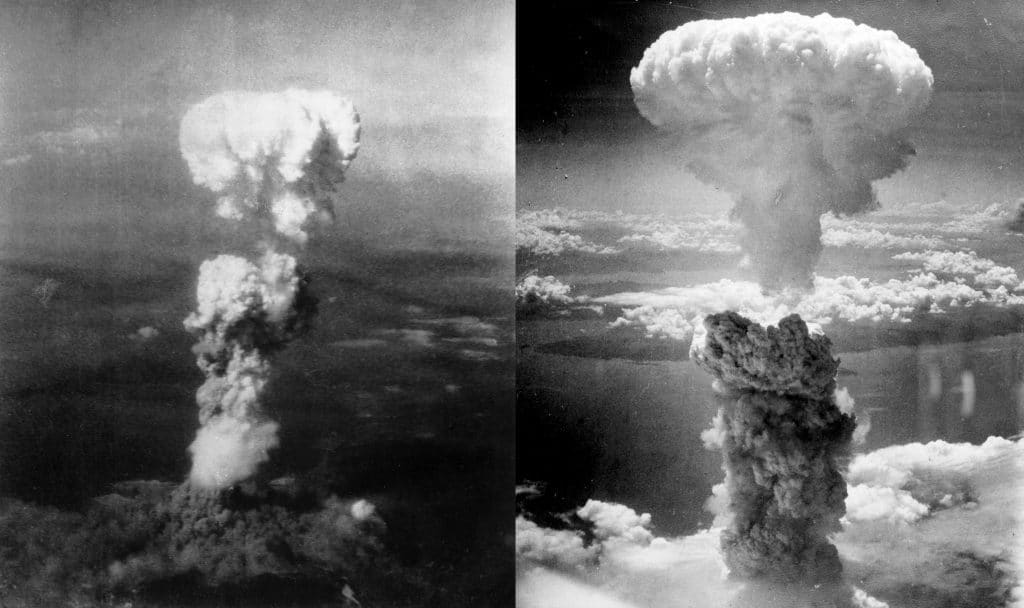
He may have tried to poison his professor with an apple.
During his time at the Cavendish Laboratory, Oppenheimer experienced emotional struggles and isolation, resulting in a deep depression.
Despite this, his adviser, Patrick Maynard Stuart Blackett, urged him to continue his laboratory work. However, Oppenheimer’s inability to win Blackett’s approval and constant failures caused him severe anxiety.
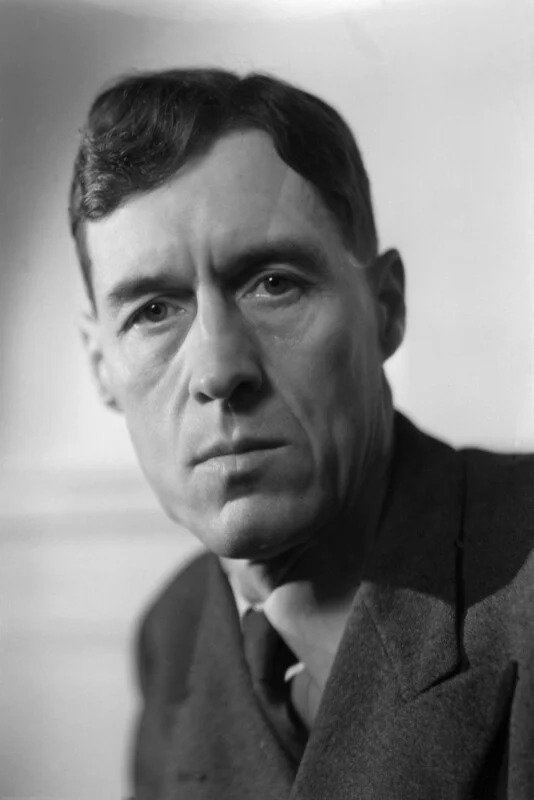
There have been claims of extreme actions taken by Oppenheimer, such as putting toxic chemicals in an apple and leaving it on Blackett’s desk, but there is no solid evidence supporting this.
Oppenheimer faced possible expulsion and criminal charges, but his father intervened and negotiated academic probation instead.
Oppenheimer Opposed the Hydrogen Bomb
In 1946, the government set up the Atomic Energy Commission after the war to oversee the country’s atomic research and development.
Oppenheimer became the chairman of the General Advisory Committee (GAC) but greatly opposed the development of the hydrogen bomb.
A hydrogen bomb is known as the “Super Bomb,” as it’s 1,000 times more powerful than an atomic bomb. Oppenheimer feared the potential destruction bigger bombs would unleash.
He Never Won The Nobel Prize
Despite his role in inventing the atomic bomb, Oppenheimer never received the prestigious Nobel Prize in Physics.
He was nominated for it three times in 1945, 1951, and 1967. This is because the committee does not recognize military technological breakthroughs for the award.
Oppenheimer’s Death
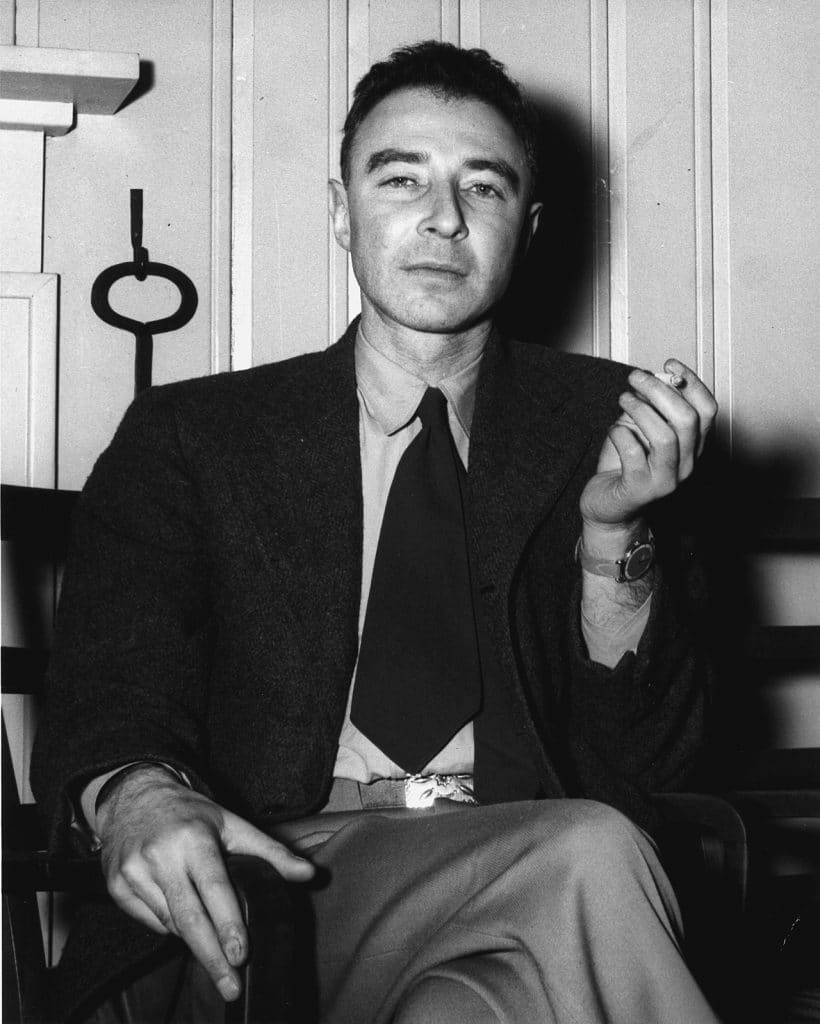
Oppenheimer was known to have been a chain smoker since his youth, which led to tuberculosis and his diagnosis of throat cancer in late 1965.
He died on February 18, 1967, in Princeton, New Jersey, United States, at age 62.
Please comment below with your thoughts about Oppenheimer.
